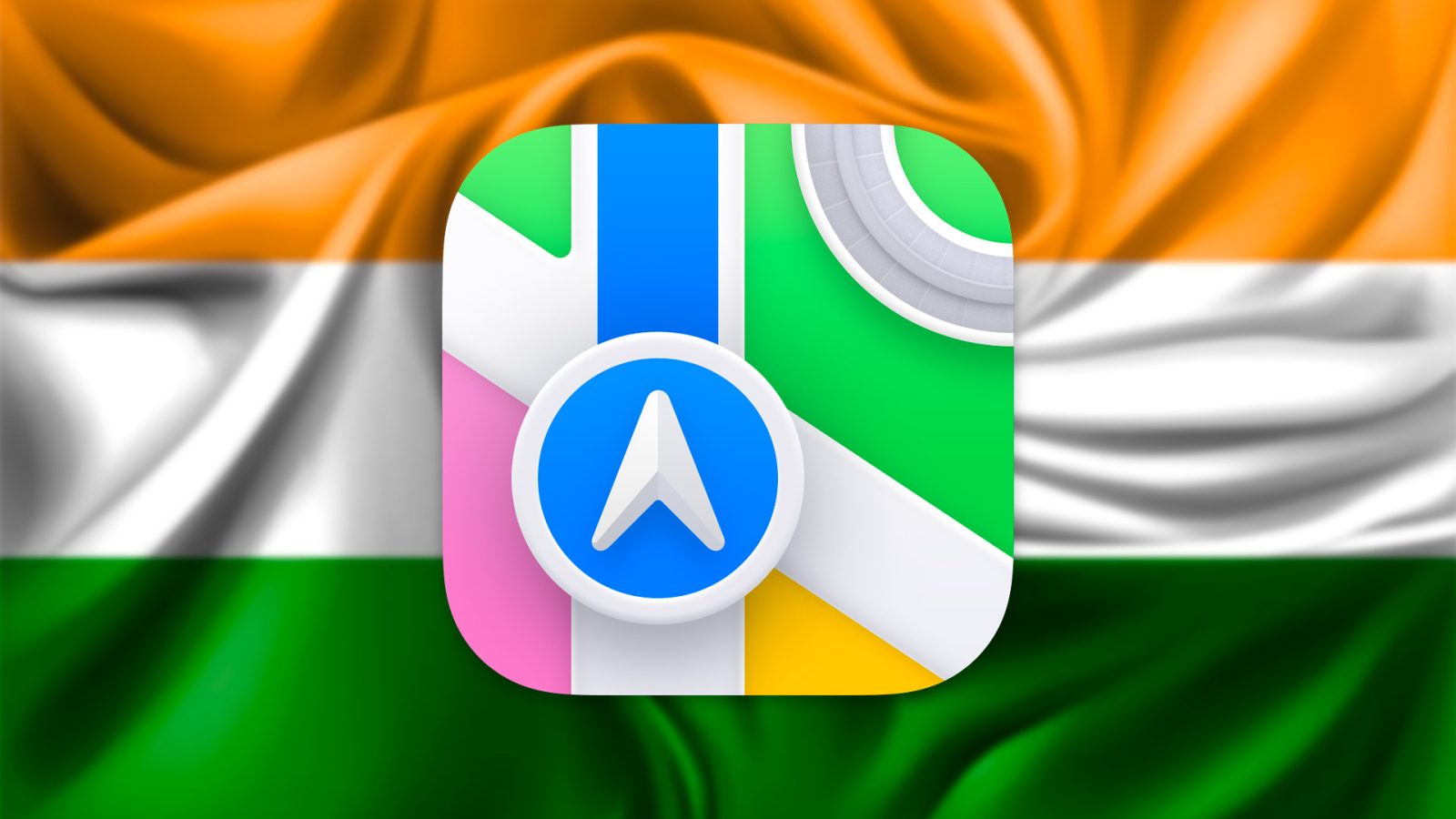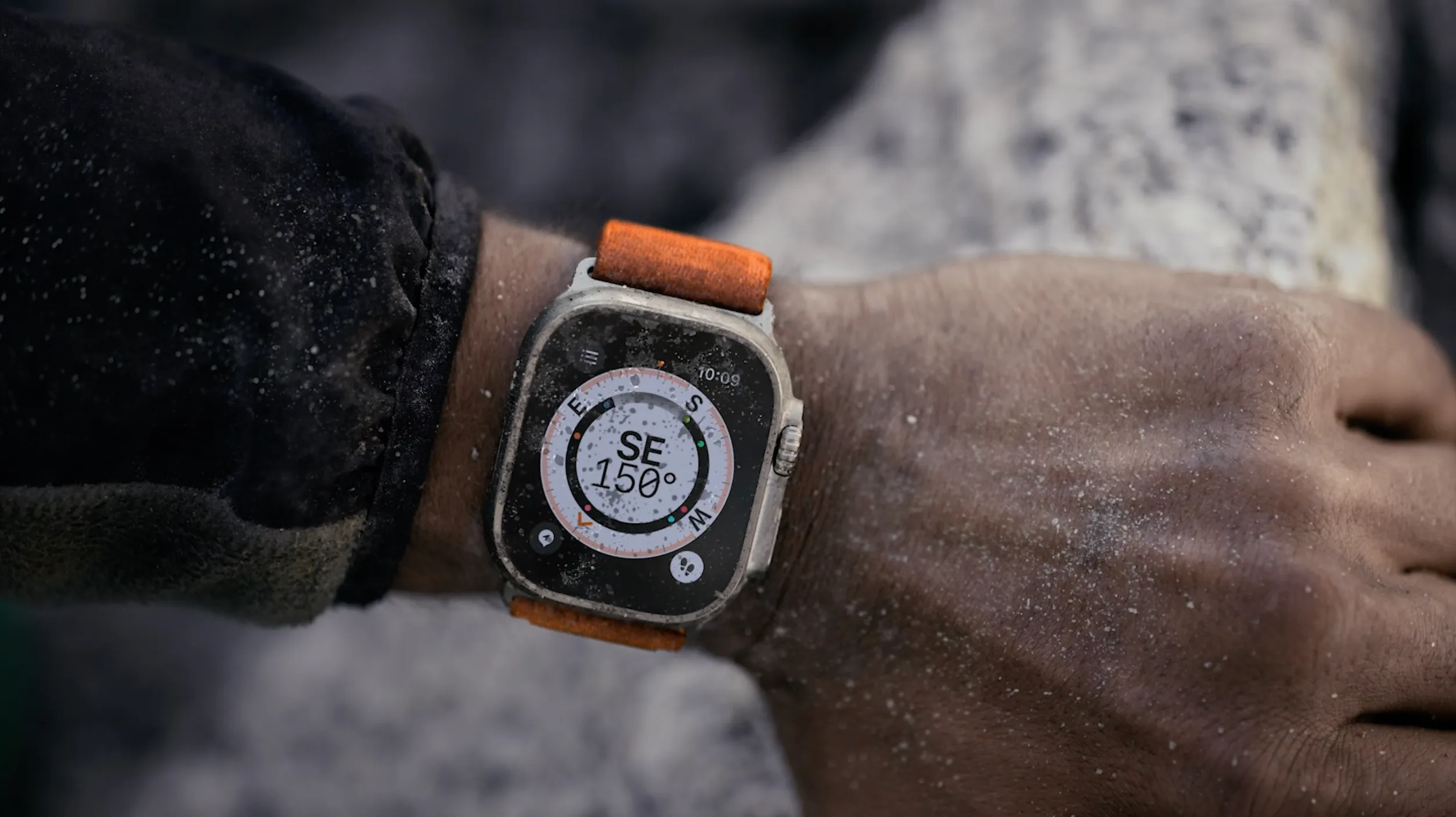
Global Positioning System, or GPS, is one of the most popular satellite-based navigation systems in the world. However, there are other technologies that provide precise location by satellite – and now India is trying to push NavIC, its own navigation system. However, Apple and other companies seem to be worried about this.
As reported by Reuters (via Tecnoblog), the Indian government wants to reduce its dependence on foreign systems like GPS (which is owned by the US) by creating its own technologies.
One of these technologies is NavIC (Navigation with Indian Constellation), which works pretty much the same way as GPS but is focused on providing “more accurate domestic navigation” for Indian consumers. NavIC was approved in 2006, but it only went into full operations in 2018 with eight satellites covering the entire territory of India, plus some other regions around the continent.
India wants smartphones with NavIC
Although the Indian government has plans to expand NavIC coverage to other places on the planet, India wants tech companies to make their devices compatible with the new standard before then. However, some of the major smartphone vendors don’t seem to be happy with the news.
Representatives from Apple, Xiaomi, and Samsung reportedly said in private meetings that making their devices compatible with NavIC would increase production costs significantly. The companies also claim that implementing such technology would require “more testing clearances,” which seems unfeasible for a 2023 adoption.
One of Samsung India’s executives told officials that supporting NavIC requires new chipsets and other hardware changes, and that most companies are “already prepared for models to be launched in 2024.” The executive suggests that implementing NavIC on smartphones wouldn’t be feasible until 2025.
Another concern of tech companies is related to the frequency on which the NavIC system operates. Right now, the Indian government relies on the L5 satellite frequency, which is much less common for smartphones (Apple now supports L5 with iPhone 14 Pro and Apple Watch Ultra). The companies are trying to convince India to use the L1 frequency, the same as the GPS frequency.

NavIC adoption may take a few years
India can claim that the country is not alone in having its own navigation system. For instance, iPhone already supports Russia’s GLONASS, the European Union’s Galileo, Japan’s QZSS, and China’s BeiDou. Of course, these systems were launched long before NavIC, and it took some time before Apple and other companies implemented them in their devices.
The Indian government is known for imposing high local taxes on products that have no local production – that’s why Apple now assembles iPhones in India. It’s unclear at this point whether the government will use a similar approach to force adoption of NavIC on new smartphones.
FTC: We use income earning auto affiliate links. More.



Comments